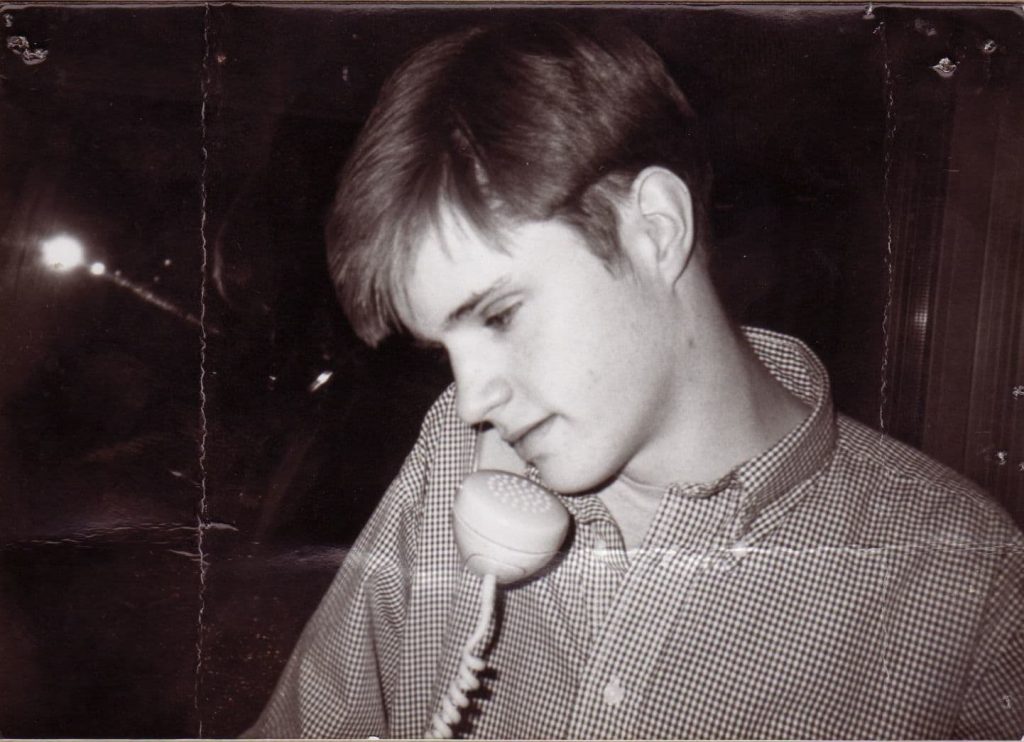In the wake of the interment of the ashes of Matthew Shepard at the Washington National Cathedral on October 26, progressive Christianity is getting noticed. The interment, which was first announced in early October, came twenty years after Shepard died after being tied to a fence and beaten in an anti-gay hate crime. The interment was preceded by a public service of remembrance which opened with a statement that the cathedral is a place of prayer for all people, regardless of religious tradition or belief, and a special welcome back to church for those members of the LGBTQ community who may have been hurt by Christianity and the Church in the past.
This service, and the very act of interring Shepard’s ashes in the cathedral, are being considered by some to be part of an increasing pattern in liberal Protestantism in which the Church speaks and acts on a radical message of love an inclusion. Although it might not be a new phenomenon to preach or act on this message, it is particularly gaining attention in light of current cultural divides and civic unrest. An article in the online magazine Vox considers the event to be in the same camp as Presiding Bishop Michael Curry’s royal wedding sermon, the revival of the Poor People’s Campaign, and the recent move of the National Council of Churches speaking out against the confirmation of Brett Kavanaugh for the Supreme Court. The article states,
“Like the sermon of Bishop Michael Curry… Robinson’s words seemed designed to present a religiously radical Christianity — and, in particular, a mainline Protestant tradition — as a viable and necessary alternative to the political conservatism and pro-Trump nationalism increasingly associated with white evangelicalism in America”
“Robinson’s words, like Curry’s, offer a vision of a religious tradition that marries a commitment to fight social injustice with a theologically robust account of why that fight is so important. For Robinson and Curry alike, a commitment to inclusion and justice isn’t just part of political progressivism, but part of the Christian message itself.”
Yet, the Episcopal Church and other Christians working for radical inclusion and preaching a message of love aren’t just being lauded for liberal political statements, but for a theology that is turning a message of radical love into action. Megan Kallstrom of Slate writes,
“Friday’s service marks just one instance of how the Episcopal Church, and other branches of Christianity, will carry on Shepard’s legacy—not only providing a welcoming home for all who need it, but also actively working to create a world where such an unconditional welcome exists everywhere for transgender people, for Jewish people, for all under attack. That work can be complex, difficult, even painful. Or it can be something as simple as welcoming Matt home.”
Shepard’s service, indeed, linked Christian beliefs in radical love and direct application in the world outside the walls of the church buildings. In a homily preached while wearing a rainbow-colored stole, the Rt. Rev. V. Gene Robinson, the first openly gay man to be consecrated a bishop in the Episcopal Church, declared God’s love for all people, critiquing recent comments by the Trump administration regarding transgender rights, and encouraging people to get out and vote to ensure rights for marginalized groups as he acknowledged that the love we know as Christians is meant to be shared with all people.

